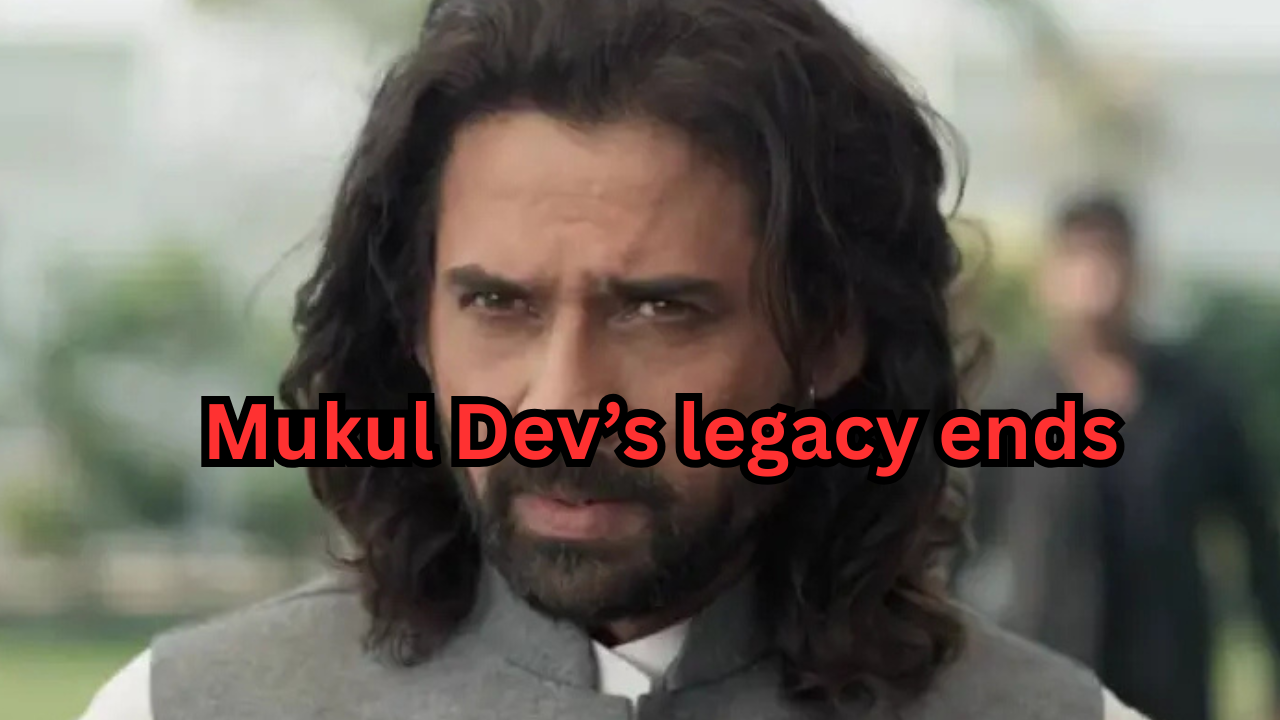Chanakya, the mastermind behind ancient Indian political and economic strategies, possessed a rare ability to see beyond the obvious and decode the subtleties of human nature. His teachings, compiled in Chanakya Niti, are a reservoir of profound insights that continue to inspire thinkers, leaders, and strategists. Among his many thought-provoking principles lies the invaluable lesson: “A person should not be too honest. Straight trees are cut first, and honest people are screwed first.“
This maxim is not an invitation to forsake morality but a call to embrace a more nuanced understanding of honesty and adaptability—a combination that enhances survival and success.

The Strategic Wisdom of Chanakya
Why Blind Honesty Falls Short
Chanakya understood the inherent vulnerabilities of being excessively honest. Blind honesty, much like a tall, straight tree, stands exposed and vulnerable to external forces. In human interactions, unfiltered honesty may alienate others, create enemies, or leave one open to manipulation. Instead, he advocated a balanced approach that marries truth with wisdom, discretion, and strategy.
This philosophy challenges the rigid binary of “right vs. wrong.” It suggests that surviving and thriving in a complex world requires a flexible mindset capable of navigating shades of gray.
The Philosophy of Pragmatic Living
At its core, this teaching is about harmonizing ethics with practicality:
- Honesty with Purpose: Honesty should aim to build trust and solve problems, not disrupt harmony or expose one’s vulnerabilities.
- Strategic Adaptability: Chanakya’s wisdom aligns with the idea that rigidity can lead to downfall, while adaptability ensures longevity. Think of it as the survival instinct: even the mightiest rivers carve their paths around obstacles instead of forcing their way through.
Modern Applications of Chanakya’s Wisdom
Chanakya’s teachings transcend time and remain relevant today, especially in our interconnected and competitive world:
- Navigating Workplace Dynamics: Excessive honesty in a professional setting can sometimes harm relationships or career prospects. Balancing transparency with tact can help you excel in team environments.
- Personal Relationships: Relationships thrive on honesty, but tact and understanding ensure that honesty doesn’t turn into unnecessary bluntness or criticism.
How to Embody Chanakya’s Teaching
Here are practical steps to implement this philosophy:
- Prioritize Situational Awareness: Assess the context before speaking or acting. Honesty should align with the situation and audience.
- Cultivate Emotional Intelligence: Understand people’s motivations and perspectives to strike the right balance between truth and diplomacy.

In the words of Chanakya, the key is to “bend wisely, but never break completely.”
Conclusion:
Chanakya’s wisdom isn’t about abandoning honesty; it’s about mastering the art of applying it judiciously. His teaching serves as a timeless reminder that rigid honesty, while admirable, might not always be the most effective approach. By embracing adaptability and strategic thinking, we can honor truth while securing success and harmony in our lives.
In the words of Chanakya, the key is to “bend wisely, but never break completely.”
For more content like stay tune to Bulletins45.



8rorzb
xthez9
I don’t think the title of your article matches the content lol. Just kidding, mainly because I had some doubts after reading the article. https://accounts.binance.com/tr/register?ref=MST5ZREF
Can you be more specific about the content of your article? After reading it, I still have some doubts. Hope you can help me.
Your point of view caught my eye and was very interesting. Thanks. I have a question for you. https://www.binance.info/register?ref=IHJUI7TF
Your point of view caught my eye and was very interesting. Thanks. I have a question for you.
Your point of view caught my eye and was very interesting. Thanks. I have a question for you. https://www.binance.com/register?ref=IXBIAFVY
I don’t think the title of your article matches the content lol. Just kidding, mainly because I had some doubts after reading the article.
Can you be more specific about the content of your article? After reading it, I still have some doubts. Hope you can help me.
I don’t think the title of your article matches the content lol. Just kidding, mainly because I had some doubts after reading the article. https://www.binance.com/register?ref=IHJUI7TF
Thanks for sharing. I read many of your blog posts, cool, your blog is very good.